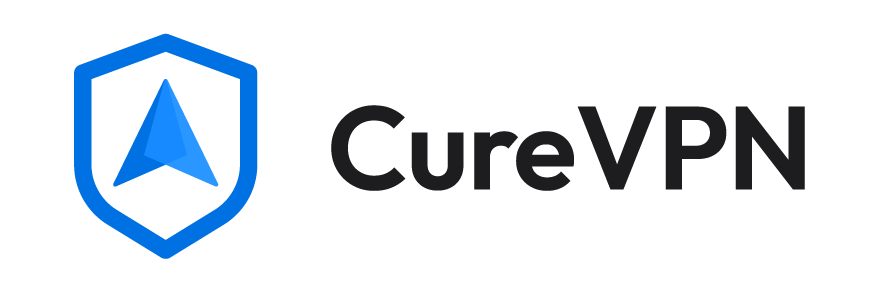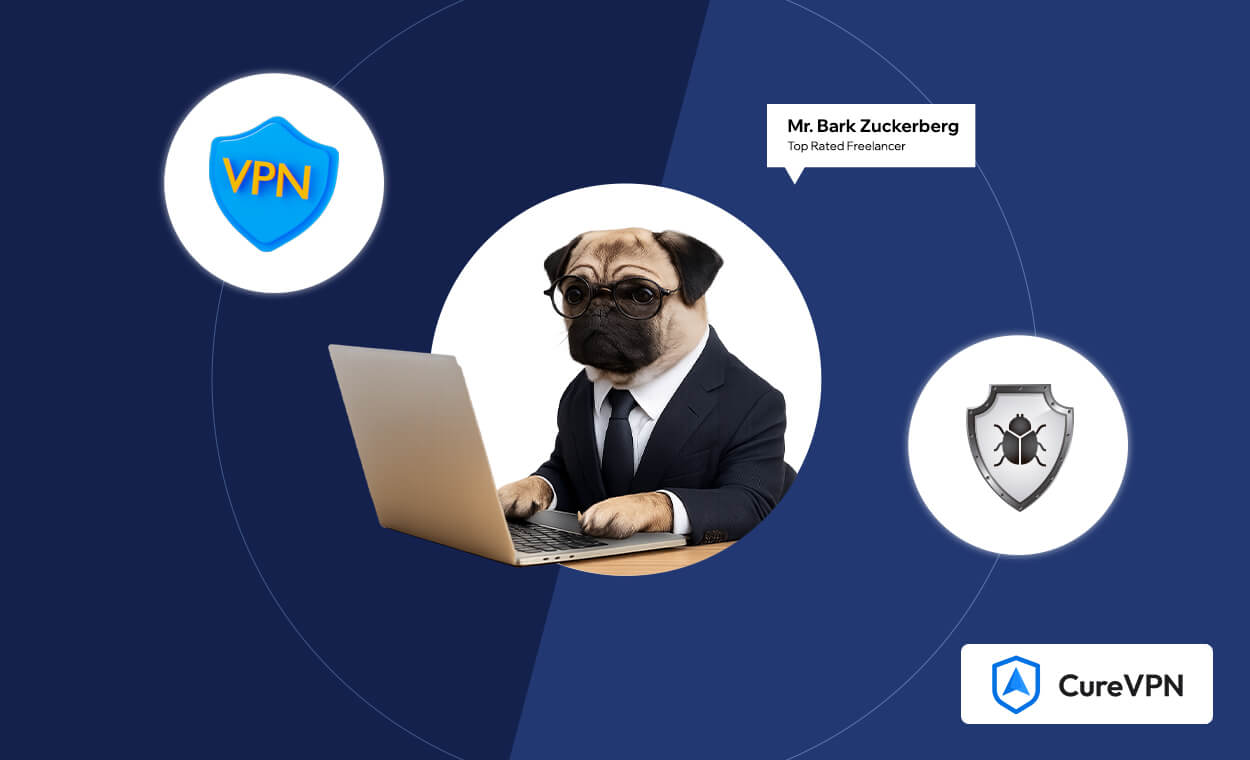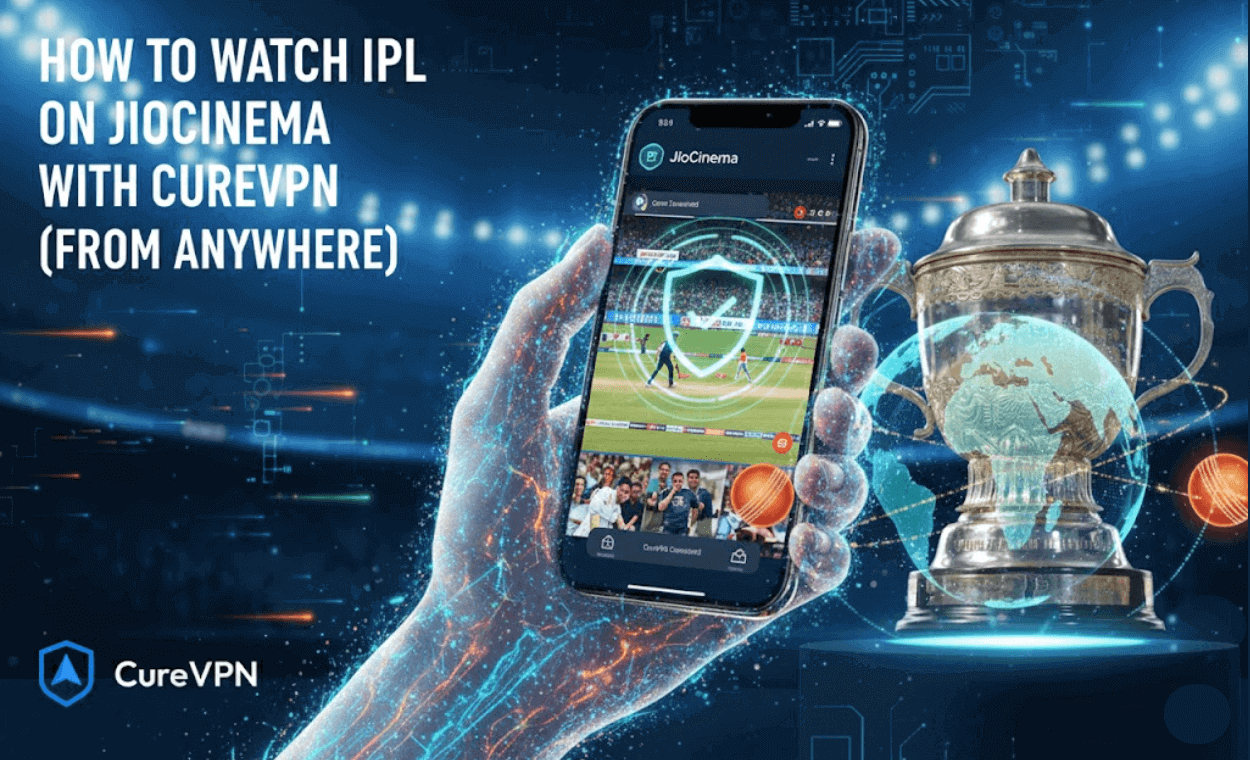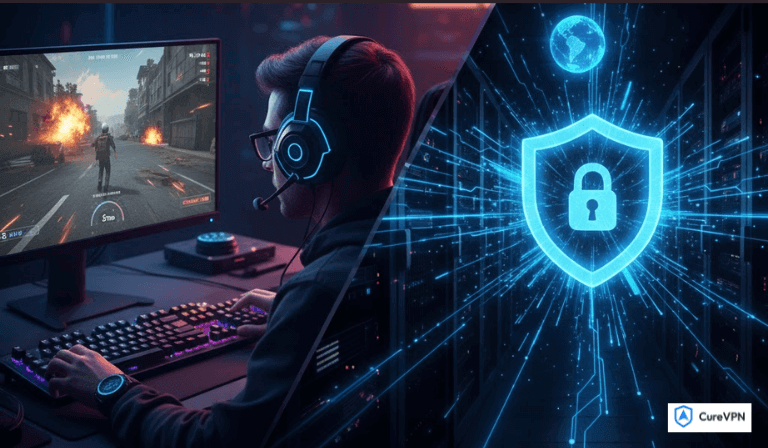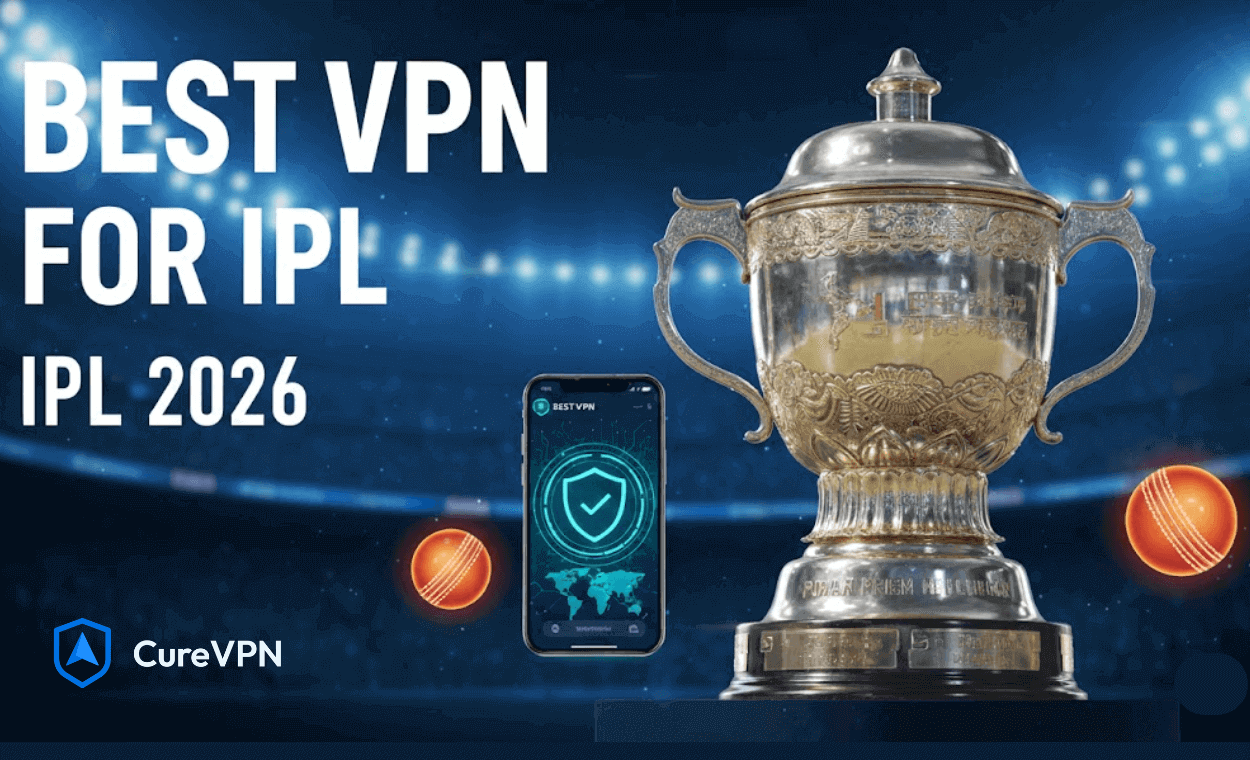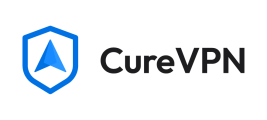If you’re a freelancer, keeping your online work secure is crucial. You often deal with private client files, emails, or project data. Whether you’re a writer, designer, or developer, your work needs strong online protection. Two useful tools for this are VPNs and antivirus software. These tools help keep your internet use and devices safe from threats.
A VPN hides your online activity, making it hard for hackers to track you. Antivirus software, on the other hand, protects your device from harmful files and viruses. Both work differently, but are essential together. As a freelancer, using both gives you complete protection. It’s a smart way to stay safe while working online.
Overview of VPN (Virtual Private Network)
VPNs are designed to save your internet connection, offering a virtual network between your device and the internet while encrypting data. They can effectively mask your IP address and protect personal information from a wide range of prying eyes, like trolls, ISPs, and corporations that track your online habits.
VPNs guarantee that all your internet traffic is routed through a virtual tunnel, keeping your information secure. Moreover, VPNs enable you to access content with geographic restrictions by bypassing them.
Overview of Antivirus Software
The purpose of antivirus is to prevent your device from malicious software, including worms and viruses. It identifies any suspicious files or apps and shuts them down, preventing any harm they may cause to your computer.
Antivirus software checks files you download or run against a database of threats to safeguard you from executing infected files. Such software also offers proactive defense capabilities that block attempts to harm your device. In today’s freelance environment, antivirus software ensures that devices are safe, making such tools vital for freelancers.
Quick Comparison Chart: VPN VS Antivirus
| Features | VPN | Antivirus |
| Function | Protects online privacy and hides your IP | Protects against viruses, malware, and threats |
| Encryption | Encrypts internet traffic for secure browsing | Does not encrypt traffic |
| Device Protection | Does not protect against local device threats | Protects against malware and other threats |
| Geo-Restricted Access | Allows access to geo-restricted content | Does not affect content access |
| Real-time protection | No real-time protection for devices | Provides real-time protection for your device |
| Threat Prevention | Prevents tracking and surveillance | Detects and removes harmful software |
Key Differences Between VPN and Antivirus
Functionality
A VPN conceals your online activities by masking your IP address and encrypting your traffic. This makes it impossible for anyone to track your activities and protects unauthorized access to your data. Conversely, antivirus software protects your devices by scanning for and removing malicious software, which includes viruses, ransomware, and malware. A VPN focuses on monitoring your internet traffic, whereas antivirus software takes measures to protect your device from malicious software.
Encryption vs Detection
VPNs make internet traffic difficult for hackers or government spies to read and understand by encrypting it. This kind of encryption allows your data to be free from prying eyes. On the contrary, an antivirus is not concerned with encrypting your traffic. Instead, it spends its resources detecting and blocking programs considered harmful to your system. It scans the files and programs on your device to avert any chances of infection.
Privacy Considerations versus Device Safeguarding
The primary purpose of a VPN is to conceal your IP address using encryption technologies, offering you privacy while performing online activities. Similarly, antivirus software seeks to safeguard your device by scanning for malware and viruses that can risk its operations. Unlike VPNs, which aim to secure online privacy, antivirus software focuses on maintaining the confidentiality of the device being protected.
Geo Restrictions Bypass
VPNs offer the added functionality of bypassing geo-restricted access barriers. Because a VPN masks your IP address, it can make it appear as though you are browsing from another country, hence enabling you to view content that would otherwise be inaccessible. This is particularly important for freelancers who work with international clients or those conducting research. Unlike VPNs, antivirus software does not help remove geo-restricted access to content.
Device Security
As for antivirus programs, they operate by scanning your device for threats and preventing the installation of harmful programs, such as viruses, worms, or Trojans. Your system undergoes constant monitoring and will be alerted of any problems. A VPN does not offer this kind of protection for your device; it only encrypts your internet traffic. Therefore, while a VPN ensures your browsing is safe, it does not defend against software that may attempt to infect your device.
Real Time Protection
Antiviruses provide real-time protection against various threats. It scans your device for any harmful files in use and terminates them before they can cause any damage. A VPN does not provide real-time protection for device threats; it solely focuses on encrypting the user’s internet connection and blocking spying. If the issue is related to malware or viruses, an antivirus is highly advised.
Why Do Freelancers Need Both?
Freelancers deal with multiple clients and data. Whether you work from home or a cafe, your online security is always at risk. Your data can be exposed or hacked by hackers. That’s why, to ensure the security of your client’s data and your device, you need both a VPN and Antivirus.
With these two security tools, you can work with peace of mind anywhere, regardless of the connection. Antivirus prevents malware or virus attacks, while a VPN ensures your online privacy.
Final Words
Freelancers need to stay alert about online safety. If you’re a writer, designer, or consultant, protecting your work and client data is essential. Use a VPN to keep your internet use private. It hides your online activity and keeps others from tracking you. Also, install antivirus software. It blocks harmful viruses and malware from damaging your computer or stealing your data.
Using both tools helps protect your devices and builds trust with clients. When you take steps to stay secure, clients feel safe working with you. It’s not just about stopping attacks; it’s about demonstrating your care for privacy. In today’s world, staying secure online is a big part of being a trusted freelancer.
